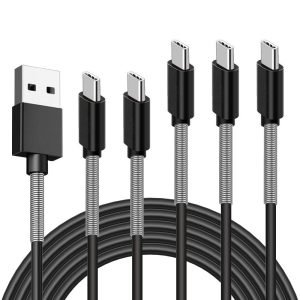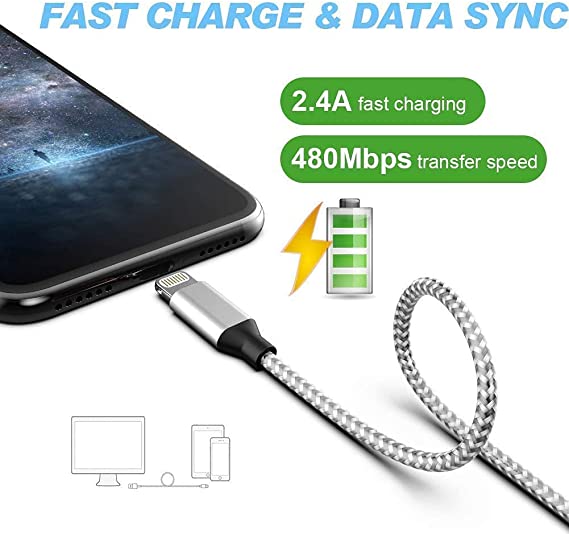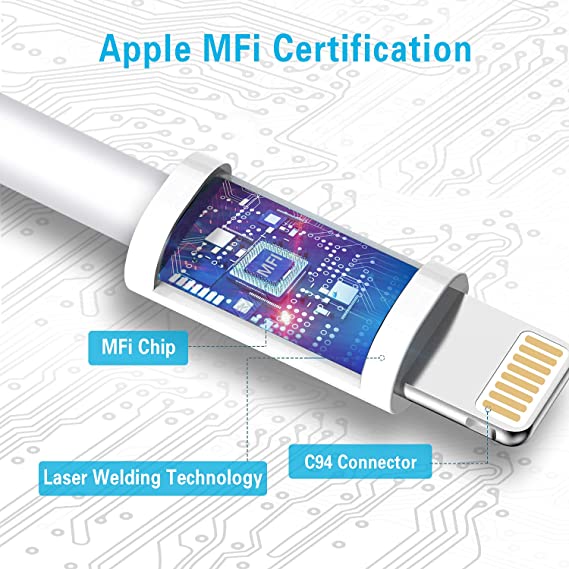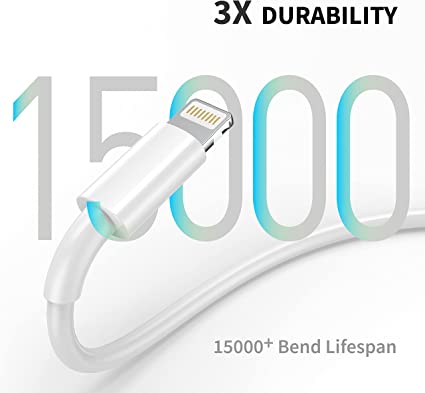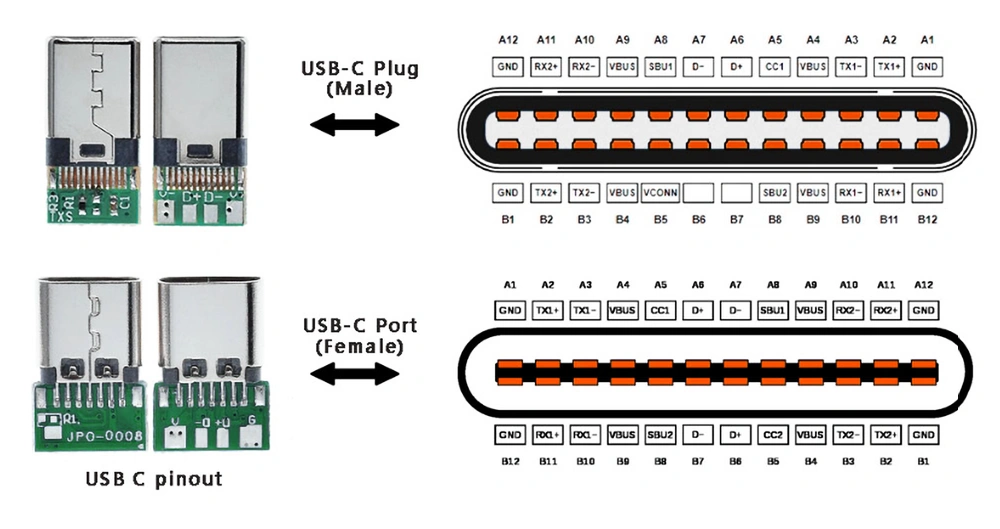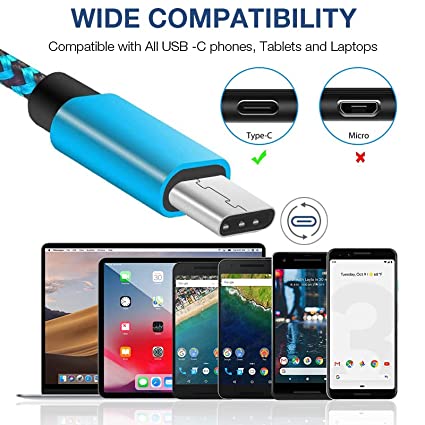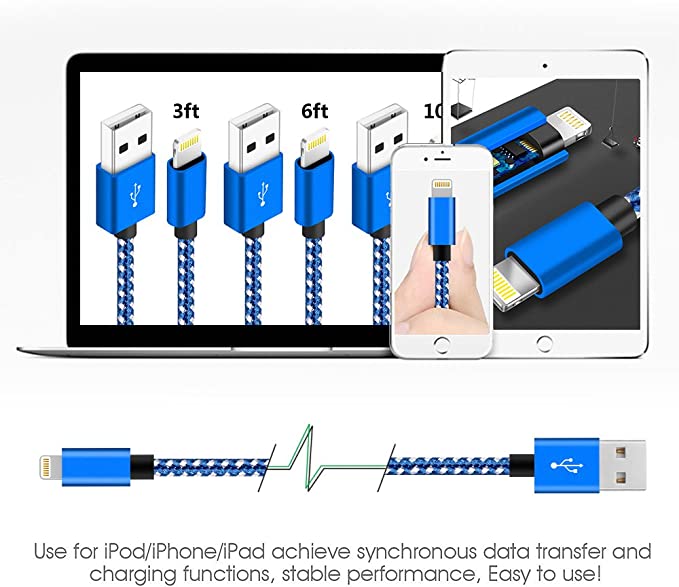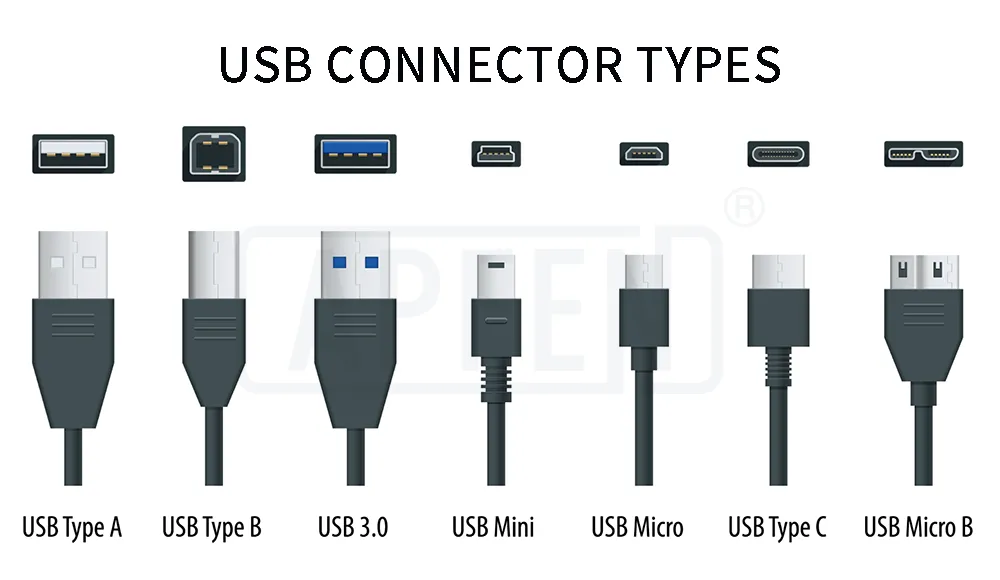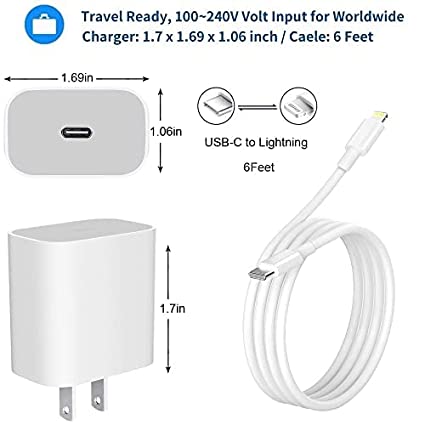Fast charging cable changes your life, you must know.
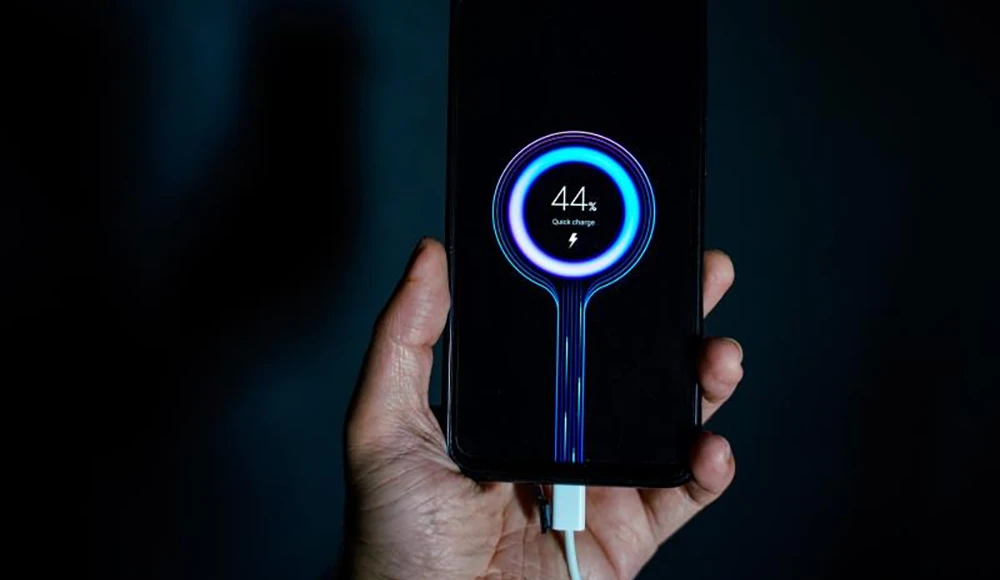
I don’t know if you have noticed that modern mobile phones are facing a bottleneck period. Nowadays, more and more mobile phones have similar appearance. Every time a mobile phone manufacturer releases a new product, our shock is no longer as strong as before. More and more mobile phones are just constantly upgrading processors, screen refresh rates, memory, camera functions and other software and hardware that do not change strongly. Since mobile devices must take convenience as the first criterion, the improvement in battery capacity is often minimal. Therefore, major mobile phone manufacturers have launched the “curve to save the country” strategy. And just as technology continues to advance, the charging speed of mobile phones and electronic devices is also constantly improving.
In this era of innovation, we all desire a faster and more convenient lifestyle. Today, we will take you into the magical world of “fast charging cable” and reveal how it can completely change our lives. Whether you’re a busy professional, a gaming enthusiast, or a social media guru, you’ll be surprised how one cable can make your day more convenient.
What is a fast charging cable?
A fast charging cable is like a superhero for your phone’s battery! While a regular USB cable can only muster about 2.5 watts of power to fill up your device’s battery, these modern fast-charging cables are like the speedsters of the cable world. With specific protocols for fast charging technology, the fast charging cable can output up to 240 watts of power! Imagine this: your phone going from flat to fully charged in just around half an hour. It’s like a magical shortcut to keep you powered up and on the go. So, the next time you’re in a rush or your battery is running low, reach for a fast charging cable, and watch your device come back to life in no time!
How to identify fast charging cable?
Identifying a fast charging cable can seem like a puzzle, but fear not! When you’re on the hunt for a cable that’ll supercharge your phone, here are some easy ways to spot the speedster:
- Check the Cable’s Amperage:The biggest giveaway between a regular cable and a fast charging champ is the amperage it can handle. Standard cables hover around 0.5 amps, but fast charging cables, especially those with Type-C connectors, can carry at least 2 amps. So, look for a cable with a higher amperage rating to ensure your device gets a quick juice-up.
- Inspect the Label:Many cable manufacturers make it a breeze to spot fast charging cables by slapping it on the label. Before you swipe that card, scan the cable’s brand, description, or label for any signs that it’s built for speed. Keep an eye out for terms like “Quick Charge” or “Quick Charge 2.0/3.2.” These indicate the standard version of the fast charging specification.
- Choose a Thicker Cable:Fast charging cables are often thicker than regular ones because they need to handle more current. It’s like a wider highway for electricity. While thickness can be a good clue, it’s not the only factor. Consider other aspects, but generally, thicker cables are a good sign of faster charging.
- Buy from a Certified Store:If you’re not into detective work, go straight to the source. Visit your smartphone manufacturer’s store, and you’ll likely find an official, genuine cable that guarantees faster charging. No need to guess when you buy from the experts!
- Check Power Ratings:Keep an eye on the power ratings. A standard fast charging cable, especially those with Type-C connectors, typically has a power output of around 60 watts, which is more than enough for most phones and tablets.
- Voltage and Power Output:Peek at the voltage and power output numbers. A cable that supports fast charging often boasts power outputs like 20V, 12V, 9V, 5V, or 2,000mA. Most devices can handle 5V or 2.4A, so a cable with these specs is a good bet for speedy charging.
- Check for “PD” (Power Delivery):Power Delivery is a technology that enables fast charging through USB cables. Look for cables labeled with “PD” to ensure they support this fast charging standard. PD is commonly used with USB Type-C cables.
- Examine the Cable Ends: Fast charging cables usually have more advanced, sturdier connectors on both ends. They are built to handle higher currents, and their durability is a sign of a quality cable designed for fast charging.
- Inspect the Cable’s Certification:Some fast charging cables come with official certifications like “USB-IF Certified” or “MFi Certified” (for Apple devices). These certifications indicate that the cable meets certain industry standards and is more likely to support fast charging.
- Use Manufacturer’s Compatibility Lists:Check if the cable is listed on the manufacturer’s website as compatible with your specific device model and its fast charging features. Manufacturers often provide lists of tested and approved cables for their products.
- Test Charging Speed:If you have access to a charging speed measurement tool or app, you can test the cable’s charging speed on your device. Fast charging cables should noticeably reduce the time it takes to charge your device compared to a standard cable.
By combining these methods, you can confidently identify the right fast charging cable for your needs and device. Make sure your gadget gets the power-up it deserves!
How does a fast charging cable work?
There are many aspects to how fast charging cables work, including amperage, port type, and transmission standard specifications. Here’s a brief explanation of how fast-charging cables work:
Current Pass Strength:
One of the keys to a fast charging cable is its high current pass strength. Typically, a standard USB cable (such as USB 2.0) has an amperage of about 0.5 amps (A), while fast charging cables usually support higher currents, usually between 3 amps (A) and 5 amps (A). This means more current can be delivered to your device in less time, resulting in faster charging.
Port Type:
Fast charging cables typically feature USB Type-C connectors, a connector type that offers many advantages. USB C supports 3.2 Gen 2×2 and even 4 Gen 3×2 high current/data transfer versions, helping with fast charging. Compared to standard Type-A or Type-B connectors, Type-C connectors are more advanced and can deliver more power to your device. For more knowledge about USB connectors, please go to our corresponding blog to learn more.
Transmission Standard Specifications:
Fast charging cables follow specific transmission standard specifications, such as USB Power Delivery (USB PD) or Qualcomm Quick Charge. These standard specifications define power management and current delivery methods to ensure the efficiency and safety of the charging process. By adopting these standards, fast-charging cables can adapt more intelligently to a device’s charging needs, delivering more current and power as needed.
Therefore, fast charging cables are able to achieve faster charging speeds mainly because they support higher current transfer, use advanced connector types (such as USB-C), and comply with specific transmission standard specifications. Together, these factors ensure that more power can be transferred to your device quickly and efficiently, making your charging experience more convenient.
What are the mainstream fast charging protocols?
The main common fast charging protocols on the market include the following:
- USB-PD (USB Power Delivery)
- QC (Qualcomm Quick Charge)
- PPS (Programmable Power Supply)
- Apple Fast Charge
- Huawei FCP/SCP (Fast Charging Protocol/SuperCharge Protocol)
- Oppo SuperVooc
- Xiaomi Mi Turbo Charge
- VIVO Flash Charge
- OnePlus WARP/Dash
- Realme DART
These fast charging charging protocols compete in the market, each with its own unique characteristics and scope of application. Consumers can choose the fast charging protocol that suits them based on their devices and needs for a faster charging experience.
Are all usb c cables fast charging?
No, not all USB-Type C cables support fast charging. Currently, conventional USB C fast charging cables can support up to 60W of output power (output voltage and voltage are 20V and 3A respectively). When the transmission power is higher than 60W to 240W, 5A cable must be used. Once the cable reaches above 3A, the wire must be supported by E-mark chip! It can detect how much current cable can handle safely.
The charging speed of a Type c fast charging cable depends on the power delivery capabilities of the cable and the device involved. Both the cable and charger must be able to handle the power levels required for fast charging. So the USB cable, the charger, and the device’s power transfer capabilities all combine to make the difference.
Do shorter cables charge faster?
Theoretically speaking, if the material of the data line is the same, under the same use environment, the shorter the data line, the faster the charging speed will be, because the shorter the length, the smaller the resistance structure.
As a manufacturer of fast charging cables favored by many buyers, APPHONE has been committed to producing high-quality customized fast charging cables for customers. Here are some of our most popular basic fast charging cable styles.
- 40 GdpsUSB Cto C fast charging cable;
- 20V/5A USB C To Type-C Braided Cable;
- MFi C94 USB C To Lightningfast charge cable for iphone;
- Nylon Braided USB C To Lightningapple fast charging cable;
- 5A PVC USB A To C fast charger cable;
- Aluminum Alloy Spring TPE USB C Cable;
- MFI Certified USB A To Lightning iphone fast charging cable;
- QC 3.0 USB C to usb c fast charging cable;
The above products are only for sample reference. The specific product appearance, connector type, transmission rate and charging protocol can be customized according to your needs.
From the above introduction, we can see that the highlight of current fast charging technology, or the key to the continuous upgrading of fast charging technology, is the charging speed. No matter what charging protocol or standard is used, the technical highlight of each major manufacturer is the charging speed. In addition, the versatility of charging scenarios and the compatibility of charging equipment have also become the technical highlights of some manufacturers, thus becoming the selling point of mobile phone charging functions.
Our company has a professional R&D team that can meet your needs well. If you are interested in our products and services, we welcome you to contact us at any time. Whether you are looking for a standard USB cable or a custom fast charger cable with special needs, we have a dedicated team to provide you with support and consultation.

Fast delivery
Fastest delivery within 22 days

Quick proofing
Fastest 3-day proofing cycle

After-sale protection
24-month long warranty

1V1Customer Service
Professional customer service follow-up

